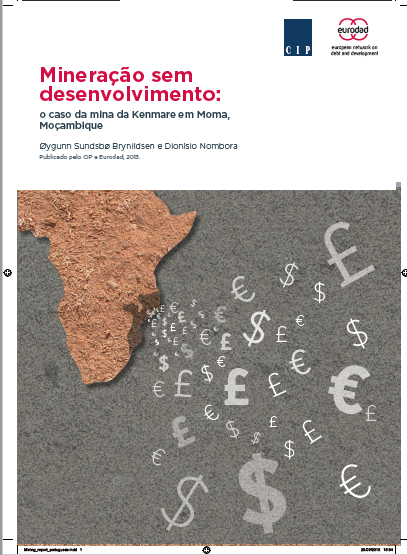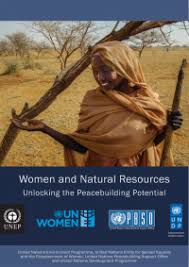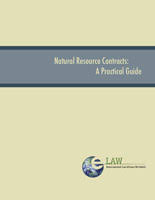YUNGA for Youth (Youth and United Nations Global Alliance)
The Youth and United Nations Global Alliance (YUNGA) was created in 2009 to educate youth on environmental matters. YUNGA works on a number of thematic areas including agriculture, biodiversity, climate change, energy, forests, food security, hunger, nutrition, oceans, water, and the Millennium Development Goals. Activities range from educational policy, awareness-raising, capacity building programmes, education materials, resource packs, international competitions, challenge badges and other programmes intended to inspire active participation.






